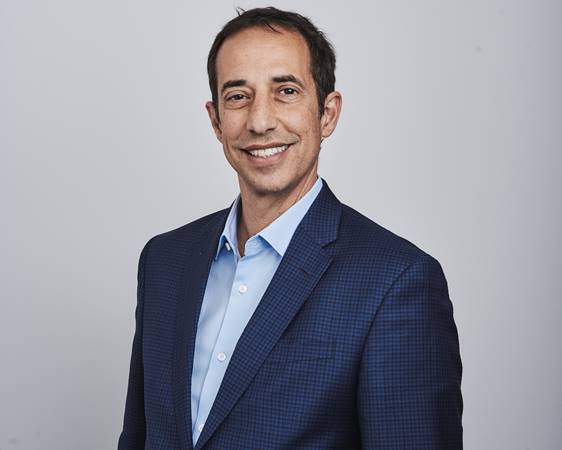
Verona Pharma, with a Raleigh HQ, Weighs its COPD Candidate as COVID-19 Therapy

A British clinical-stage biotech firm with U.S. headquarters in Raleigh is exploring the option of repurposing its leading drug candidate to treat COVID-19 patients.
Flush with $200 million after a July raise, the London-based Verona Pharma is already making big strides with its “first-in-class” drug, ensifentrine, targeting chronic obstructive pulmonary disease (COPD).
Now, against the backdrop of a pandemic, it’s pushing ahead with a pilot clinical trial on hospitalized COVID-19 patients at the University of Alabama at Birmingham.
“Clinical data from prior studies of ensifentrine have demonstrated that it improves lung function and reduces cellular markers of inflammation in the lungs,” said its president and CEO David Zaccardelli.
“We believe ensifentrine, with its novel mechanism of action, has the potential to benefit patients suffering from COVID-19.”
If successfully developed and approved, it would be the first therapy for treating respiratory diseases that combines bronchodilator and anti-inflammatory activities in one compound.
The randomized double-blind, placebo-controlled study is testing ensifentrine delivered through a pressurized metered-dose inhaler.
Results are expected in the first half of 2021.
“We're prepared to move as quickly as possible based on the data,” added Zaccardelli.
‘Encouraging results'
The drug is already looking promising.

On the back of completed Phase2b trials that reported “encouraging results” in January, Verona Pharma kicked off its Phase 3 clinical program -- ENHANCE (Ensifentrine as a Novel inHAled Nebulized COPD thErapy), in September.
It marked another “major milestone,” Zaccardelli said, on its quest to submit a New Drug Application in the U.S. in the near future.
“In COPD, there hasn't been a new inhaled mechanism of action like ensifentrine in over 40 years,” explained Zaccardelli.
“With the current standard of care, approximately 40% of patients who are treated with available therapies are still symptomatic and need additional therapy. They need new treatment options.”
It also has potential applications in cystic fibrosis, asthma and other respiratory diseases.
Ensifentrine (formerly called RPL554) was selected from a class of compounds co-invented by Sir David Jack, the former GlaxoSmithKline research director who pioneered many of the leading respiratory drugs already in use (salbutamol/albuterol (Ventolin), salmeterol and fluticasone), and Alexander Oxford, a medicinal chemist.
Verona acquired the drug in 2006.
The company now has its clinical team of about 10 women based here, most of them ex-GlaxoSmithKline employees, working with global contract organization IQVIA to carry out the Phase 3 trials, which consist of two international studies.
Each is expected to enroll about 800 patients at 100 sites, mostly in the US, Europe and other countries, including South Korea.
Zaccardelli said patients are currently being enrolled, and the firm is “right on track for where we want it to be.
“I'm very optimistic about a positive outcome,” he said. “Ensifentrine has been studied in over 16 clinical trials, involving over 1,300 subjects, including two large Phase 2 trials, each a little bit over 400 patients. The data has provided insight into the efficacy endpoints, dose and safety to design the Phase 3 trials.”
New leadership
Zaccardelli and Chief Financial Officer Mark Hahn, both already based in the Triangle, joined Verona Pharma in February, not long after they had led specialty pharma firm Dova Pharmaceuticals to a buyout with Stockholm-based Swedish Orphan Biovitrum AB in a $915 million deal.

Then in July, they helped Verona Pharma close on $200 million in an “oversubscribed” private placement of stock.
Investors included RA Capital Management and Access Biotechnology, among others.
Zaccardelli said he expects his time at Dova to inform his strategy with the company going forward.
“We feel very comfortable building a U.S. commercial organization as we've done in the past at Dova,” he said. “We expect to have many options as the value of the company increases as it moves towards commercialization, such as adding additional products and building the company in the respiratory space."
As for scaling, he remained tempered, predicting only “modest growth” in 2021.
But he also left things open.
“As the data reads out in the first part of 2022, and we continue to build towards a commercial organization in the U.S., then we will continue to build out in RTP, specifically around all the commercial activities and other areas like quality, pharmacovigilance and medical affairs.”
